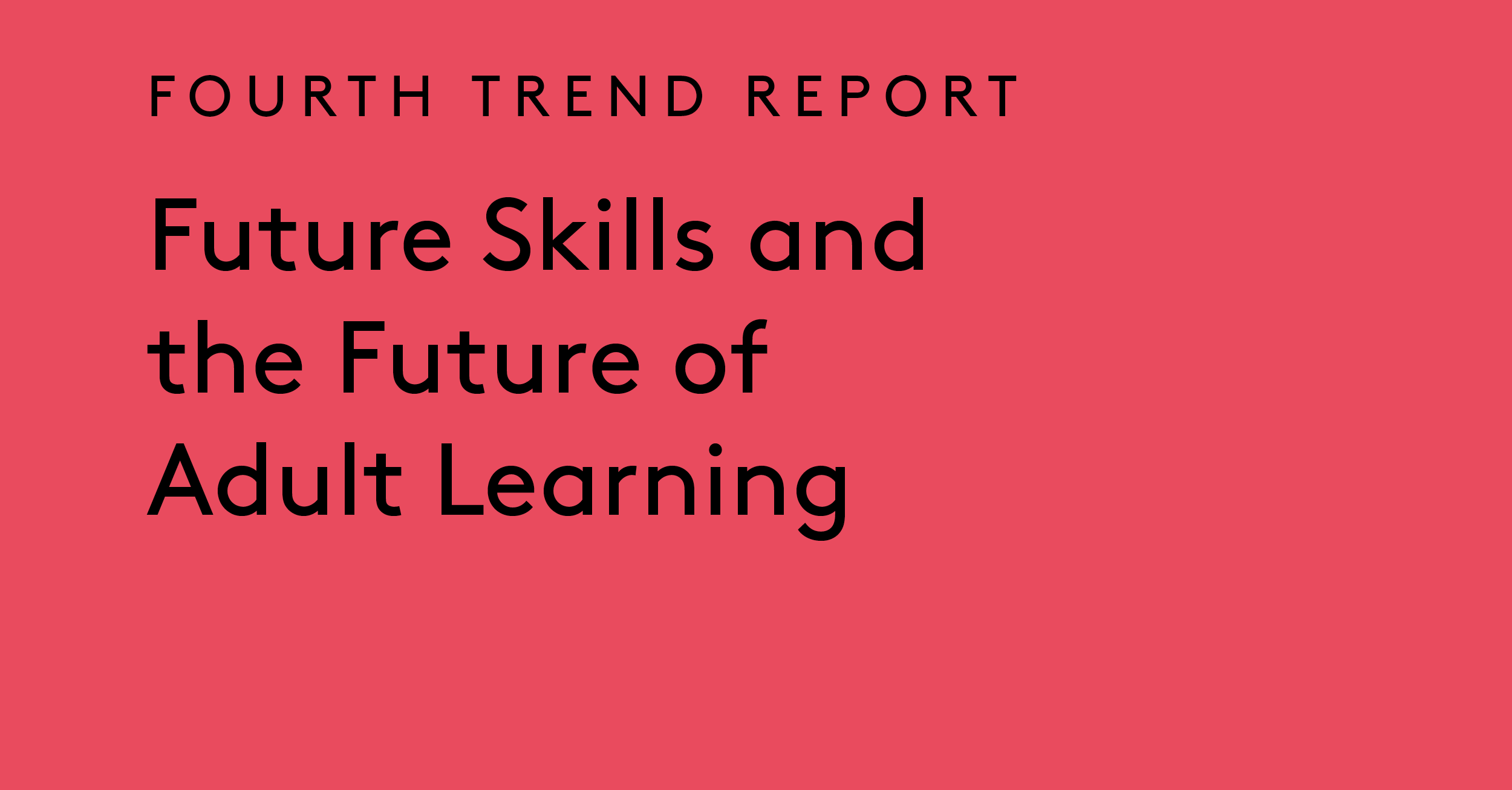The fourth trend report from the Think Tank TRANSIT is dedicated to the concept of future skills and their relevance for shaping the future of adult learning. It provides a theoretical foundation, critically reviews existing competence frameworks, and derives implications for practice. At its core, the report argues for an understanding of future skills that extends beyond individual employability, positioning adult learning and education as a space for ethical reflection, pluralistic engagement, and societal transformation.
Theoretical Foundations and Conceptual Clarifications
First, the term ‘future skills’ is defined in theoretical terms. Future skills are defined as competences, attitudes, values and knowledge that will be important in the future. Various competence frameworks are presented, and their focus areas are highlighted. A key finding is that future skills should not be viewed in isolation as a means of individual employability, but also as a contribution to collective social transformation. In the tension between individual responsibility and structural challenges, it becomes clear that adult learning must not be limited to adaptation but must open up spaces for participative creation. It is also emphasised that future skills cannot be understood as static lists, and that there are no universally valid future skills, but only those that appear useful in specific contexts and within certain visions of the future.
The future as a space of possibility: implications for adult learning
The report derives implications for adult learning practice from these findings. The future is understood as an open space of possibilities that can be shaped through education. Adult learning should therefore not be geared towards uniform goals or skills, but should promote openness, dialogue and reflection. Central to this is the recognition of pluralistic visions of the future. Not all areas of society are changing at the same pace or in the same direction, which is why future skills must always be considered in a context-sensitive manner. The report also points out that adult learning should be understood as an ethically responsible space for shaping the future. To this end, it is important to critically question competence frameworks and the dominant discourses on which they are based, to reveal institutional power relations and to develop alternative visions of the future. Practical tools such as card sets, Futures Literacy methods and megatrend mapping are presented as supporting tools that enable active engagement with the future and with competences.
Three perspectives for the future of adult learning
The concluding chapter formulates three overarching perspectives that can be understood as guidelines for the further development of adult learning: meaningfulness, variety and diversity, and complexity. The perspective of meaningfulness emphasises that adult learning for future skills is not primarily about adapting to change and self-optimisation, but rather about inspiring a meaningful contribution to social change. The diversity perspective requires adult learning to embrace different visions of the future and realities of life and to use them as a resource. Future skills must be adaptable to different contexts and cannot be reduced to universal standards. Finally, the complexity perspective recognises that the future is neither linear nor clear-cut. Adult learning should therefore create spaces in which ambiguities can be addressed, assumptions questioned and new ways of thinking explored. These three perspectives open up opportunities for adult learning such that it not only adapts to existing structures but also plays a formative role.
